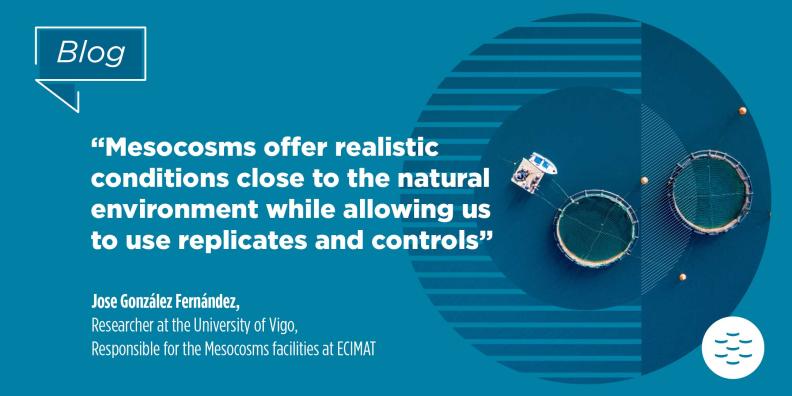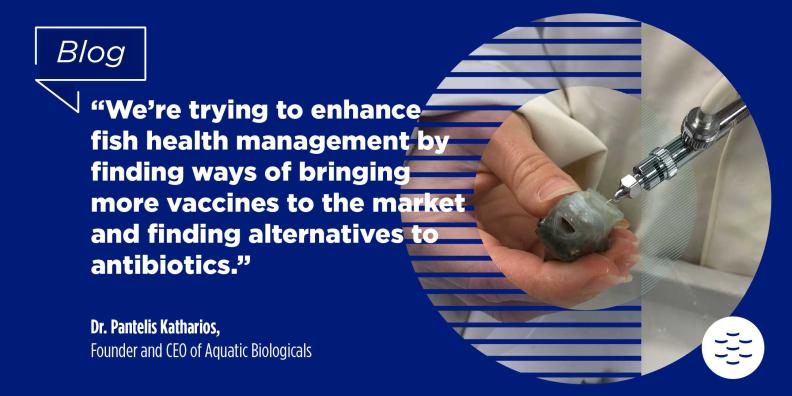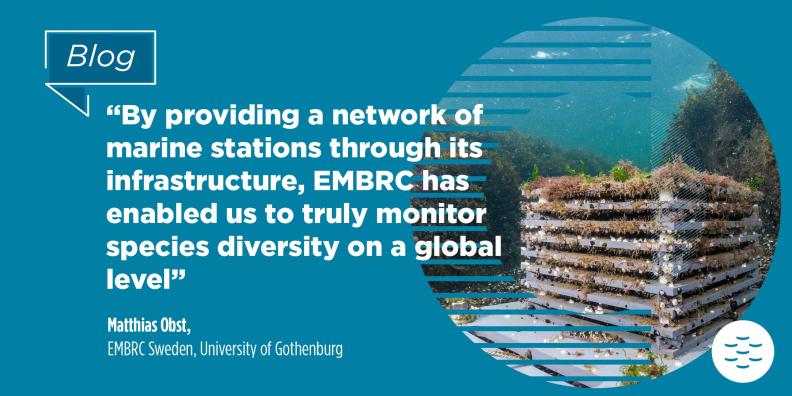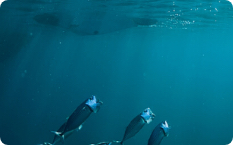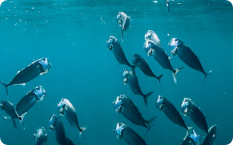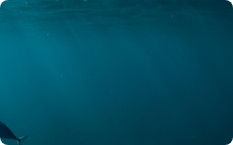Finding solutions to environmental problems is important in all marine ecosystems but particularly in the Black Sea, which experts believe could become the first major sea devoid of life. Its poor water quality – with high eutrophication and litter – is threatening the region’s fish stocks and species diversity.
The Black Sea Accelerator (BSA) is combining research, innovation and financing to find solutions. The BSA is designed to support sustainability start-ups, SMEs, large enterprises, universities and individuals working towards environmental solutions in the region. It will help them improve their products and reach investors through tailored training, consultancy support, business mentoring and networking activities.
EMBRC has been a BSA partner since 2021 so we spoke with Mery Piña, Industrial Liaison Officer at EMBRC HQ, to find out more about this exciting initiative:
What is the Black Sea Accelerator?
The BSA is a programme facilitated by two Horizon2020 projects: DOORS – which EMBRC participates in – and BRIDGE-BS. The idea is to unlock the potential of entrepreneurs working towards sustainable growth in the Black Sea region. The key areas of focus are ocean observation, ports and transport, fisheries and aquaculture, marine tourism, blue biotechnology and renewable energy. The Accelerator will help SMEs and start-ups evolve their business model and boost their technology readiness level (TRL) to stand out in the market and attract better financing.
What is the current state of the BSA?
The BSA received 30 applications: 90 percent were from local participants, mostly from Turkey and Georgia. The applicants were mainly from start-ups and SMEs looking for financial and business development support - only 30 percent of applicants were looking for support improving their solutions.
Most applicants were from the tourism, fisheries and aquaculture sectors while blue biotechnology, ports and transport were also popular fields. The BSA has received some great proposals from across the Black Sea, including startups making value out of algae biomass, biofuel production, hackathons and creating bioplastics to preserve food. The projects that will be supported include:
- Algplass: creating algae-based plastic from seaweed.
- Blue AquaHub: prawn aquaculture.
- MINDS Technologies: designing and implementing solutions to protect aquatic ecosystems from pollution, particularly plastics.
- QBIOTECH CHEMICALS: producing biocompounds from macroalgaea collected or cultivated in the Black Sea.
- Shellfish: an aquaculture facility which creates valuable by-products including pet food additives, wastewater treatment and agricultural products.
- Trésoil: producing hydrogen gas and ammonia from unrecyclable plastics found in the Black Sea.
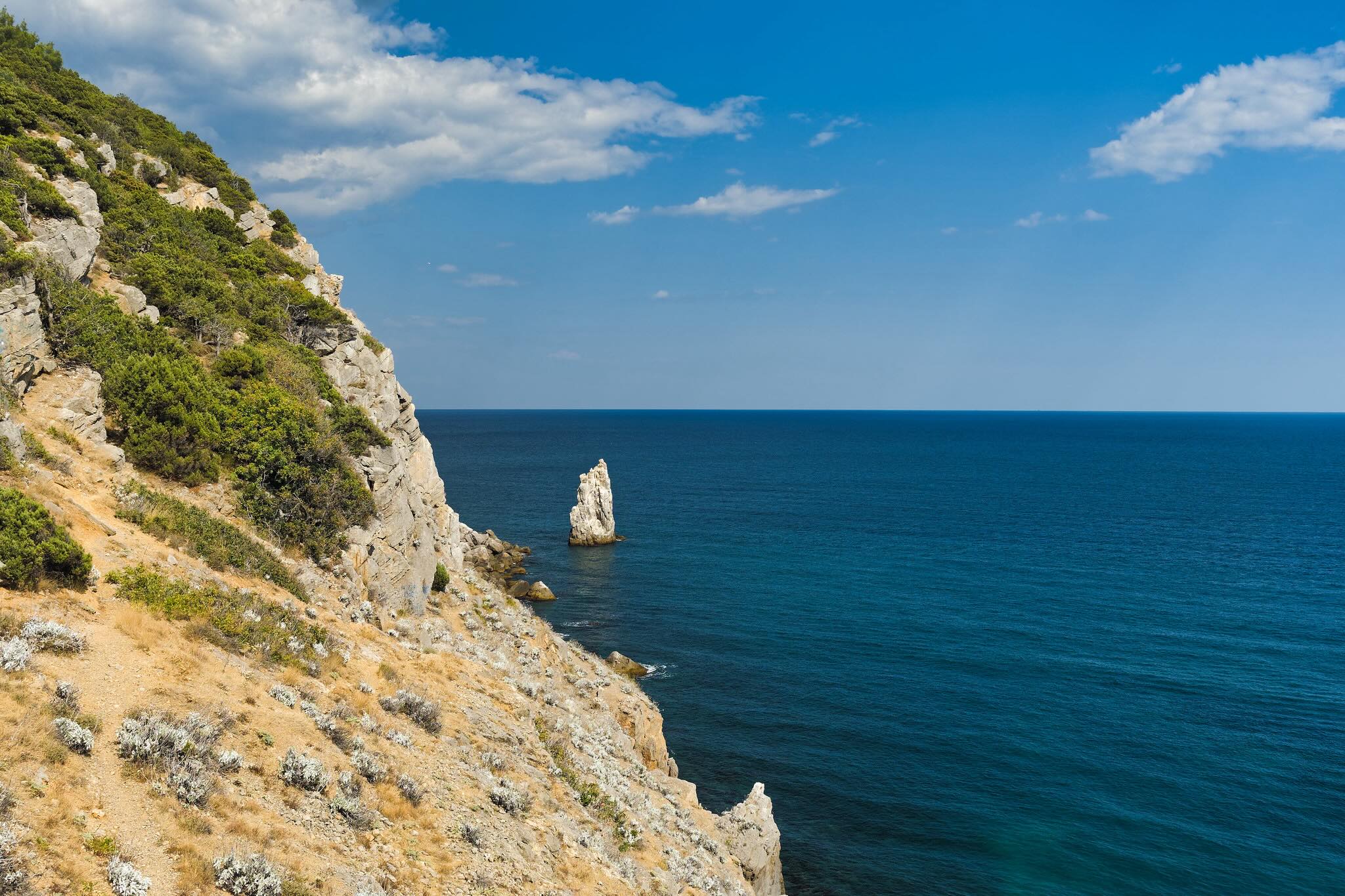
What kind of support, training and mentoring will the projects receive?
The projects receive customised training that will include business planning, access to funding and technological support. Mentoring and personalised support will be provided to ensure their project is successful. This will include business-oriented activities like building scalable business models, strategic planning or creating financial plans and pitching them in front of investors – access to investment is a challenge for many marine biotech companies in the region.
The initiative will also help foster networking with researchers and technology experts who can provide knowledge and resources to improve their solutions and promote international collaboration. The BSA will bring stakeholders together through an online matchmaking service that helps them maximise synergies between their businesses.
EMBRC will share its expertise to help entrepreneurs improve their innovations and offer capacity-building support. Those who want to build their own training can also benefit from the support of EMBRC’s Marine Training Unit.
What gaps will the BSA aim to fill?
There are a lot of pressing issues to address in the Black Sea. The call was oriented towards fisheries and aquaculture, transportation logistics, waste management, renewable energy, blue biotech, tourism and nature-based services and solutions as well as ocean observation. These are the kind of problems we see in the area that we want to tackle through industry and innovation.
What are you most excited about?
I’m looking forward to getting to know all the participants in person. I was part of the evaluator committee and it's so nice to see all the proposals on paper but there's nothing like listening to it live from the person who had the idea.
Is it important to have industry involvement in sustainability work?
For me, it's crucial. Being a scientist who left research to put all my energy into making researchers’ work have more impact, I can see that there’s a huge gap. I understand how both the research and industry sectors work. I believe that if we could bring these fields together to create a knowledge-based economy, we could build a more sustainable world.
We’re looking forward to seeing the impact created by the BSA winners. For more information and updates, visit: Black Sea Accelerator












